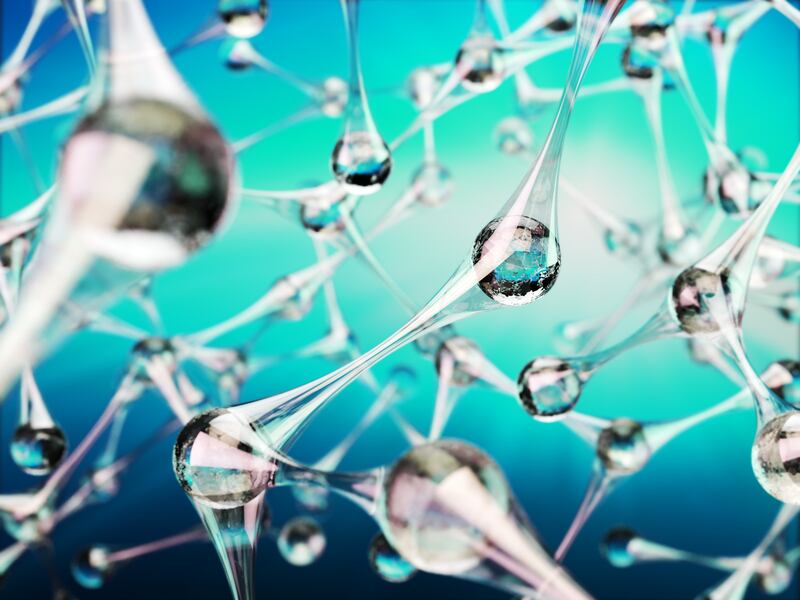UFC Que Choisir tested 20 consumer goods – seven food products, nine cosmetics and four drugs – and filed an official complaint to the High Court of Paris' prosecutor (Tribunale de Grande Instance de Paris) against nine manufacturers for failure to comply with the legal labelling requirement despite significant proportions of nanomaterials.
All of the silicon dioxide (E551) used in McCormick’s Ducros brand Italian spice mix, Jacobs Douwe Egberts’ Maxwell House instant cappuccino and Casino’s dehydrated chicken soup were nano-sized. Over one third (34%) of the the titanium dioxide (E171) used in Mars' peanut M&Ms was nano-sized.
French law has required manufacturers to write 'NANO' in the ingredients list since 2014 when relevant. However, UFC Que Choisir tested seven food products and found six made no declaration at all. The other products were Cemoi 70% cacao chocolate dragees, LU biscuits and Hollywood mint chewing gum, although the nanoparticles were present in smaller quantities.
The complete results will be published in a nine-page document in the February edition of its magazine.
Titanium dioxide is used to give a white colour or shiny, iridescent appearance while iron oxide (E 172) is used to give a red or yellow colour. Silicon dioxide is an anti-caking agent that prevents clumping and ensures free-flowing powders.
The civil society group also filed complaints over Sanex deodorant, AquaFresh toothpaste, Avene lip balm and Lavera suncream.
'Unpredictable changes'

Although legal, use of nano-sized particles in everyday food, cosmetics and drugs is worrying, said the consumer group.
“The smaller the particles, the greater their relative surface area,” UFC said in an accompanying video. “When they go from a normal size to a nanometric size, the particles change identity. Their behaviour and properties are no longer the same. Aluminium, for example, which is normally inert, becomes explosive.
"These unpredictable a priori changes make it more difficult to evaluate the risks. Due to the lack of traceability and labelling, we don’t know to what extent we are exposed to these nanoparticles.”
Depending on the definition used, a nanoparticle varies between 1 and 100 nanometres. One nanometre is one billionth of a metre, or 0.000000001 m.
The small particle size has led to concerns they could pass through biological barriers, such as human tissue.
Last year, researchers at France’s National Institute for Agronomic Research (INRA) claimed to show for the first time in an in vivo setting that titanium dioxide crosses the intestinal barrier and passes into the bloodstream, reaching other parts of the body. They found nano-sized particles in the animals’ livers, which could be linked to immune system disorders.
UFC-Que Choisir told FoodNavigator it expected the complaints to make the companies respect the regulations “so that consumers can choose their products knowingly and be aware of the presence of nanoparticles in the products they buy”.
However, EU law states that ‘engineered nanomaterial’ means any intentionally produced material of nano size.
A spokesperson for McCormick told FoodNavigator that the silicon dioxide used in its Italian spice does not contain ‘intentionally produced nanomaterials’ as defined in EU legislation and is therefore not in breach of EU law. "We do not use anything in this product with the functional properties of nanoparticles," he added.
'Insufficiently respected'
Last week the French government agency for competition, consumption and fraud, DGCCF, presented the findings of its analysis on titanium dioxide nanoparticles in food and cosmetics to the Ministry of Economy and Finance.
Of the 74 food products the DGCCF tested, over one third (39%) contained nano-sized materials.
France’s minister of the economy and finance, Bruno Le Maire, said the legal labelling requirements were “insufficiently respected”.
The DGCCRF is due to present its findings to the European Commission.
